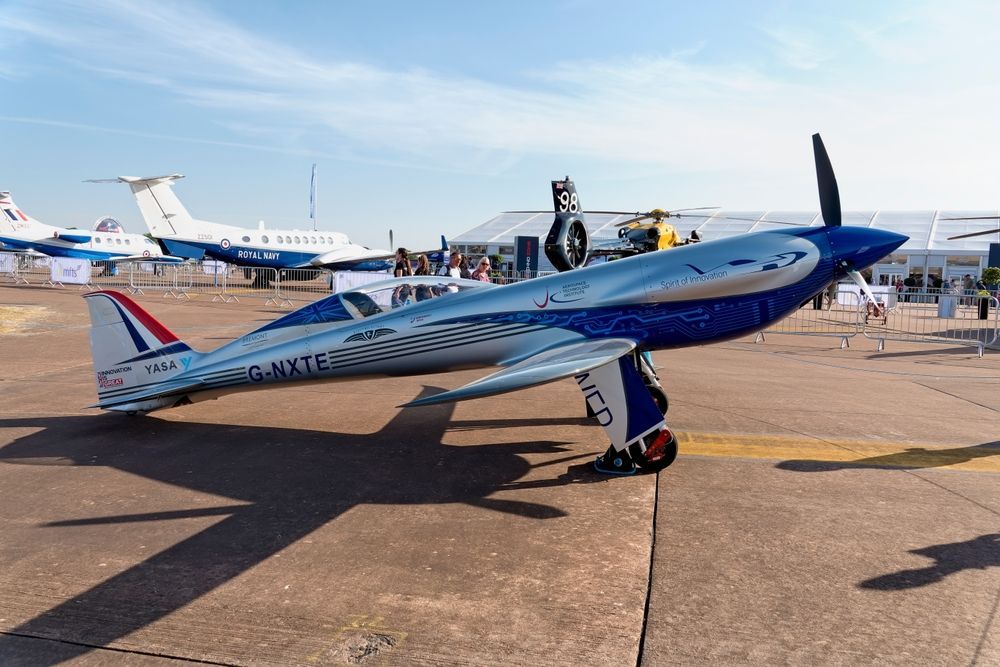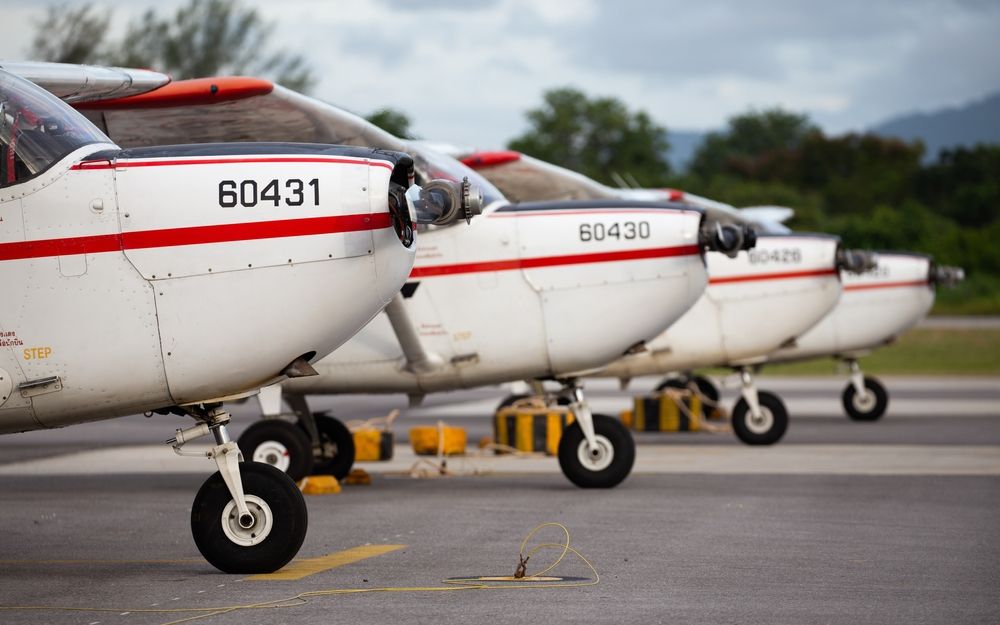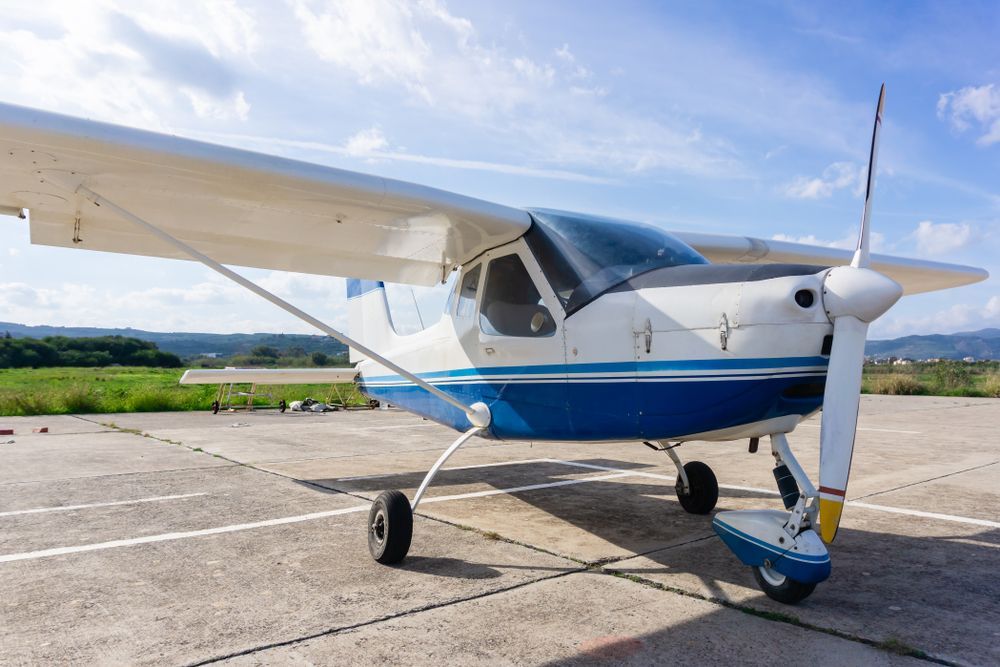A Complete Guide to Fixed Base Operators & Why They Matter in Aviation
Whether you’re new to private aviation or a seasoned pilot, you’ve likely heard the term FBO tossed around. It’s a core part of the general aviation experience—but unless you’re in the industry, you may not know what it really means.
In this guide, we’ll break down what an FBO is, why they exist, the services they offer, and what to expect when you arrive at one—plus a look at how J.A. Air Center stands out as one of the top full-service FBOs in the country.
So, What is an FBO?
FBO stands for Fixed Base Operator, which refers to a commercial business that’s granted the right to operate on airport property and provide aviation services.
FBOs are typically found at general aviation airports or the private aviation terminals of larger airports. They serve private pilots, business jets, and charter operators—not the airlines.
Services provided by an FBO can include:
- Fuel (Jet A and Avgas)
- Aircraft parking (ramp or hangar)
- Maintenance and inspections
- Avionics upgrades and repairs
- Aircraft detailing
- Passenger and crew lounges
- Concierge, catering, and transportation coordination
An FBO is often the first and last point of contact during a trip—it’s your welcome mat to the airport, and your launchpad to the skies.
A Quick Look Back: The History of FBOs
The term Fixed Base Operator dates back to the 1920s. Back then, pilots — known as "barnstormers" — would travel from town to town offering flights and performing stunts, with no real base of operations. But when the U.S. Air Commerce Act of 1926 introduced regulations and licensing requirements for pilots and aircraft, aviation businesses had to establish permanent locations — or “fixed bases.”
And that’s how the modern-day FBO was born.
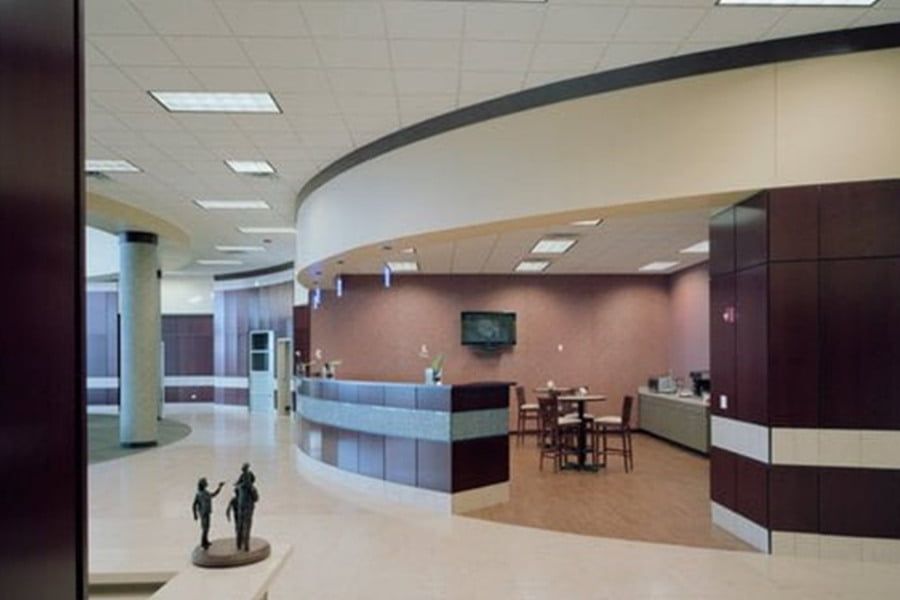
Do All Airports Have an FBO?
Not necessarily. While most mid- to large-sized general aviation airports will have one or more FBOs, smaller airfields may offer only limited services—or none at all.
Here's what you’ll typically see:
- Major GA airports: Multiple competing FBOs offering premium services
- Regional airports: One or two full-service FBOs
- Small or rural airports: A basic fueling station, self-serve pumps, or no FBO presence
Some commercial airports also have FBOs with private terminals for charter and corporate aviation. If you’re planning a trip, checking the availability and services of local FBOs can help you plan for fueling, parking, and ground support in advance.
5 Things to Expect When You Arrive at an FBO
When your aircraft pulls under the FBO’s canopy, you’re stepping into a completely different world than commercial terminals. Here's what you can expect:
1. Personalized Ground Handling & Parking
Line service technicians will guide your aircraft to a parking spot or under a canopy. They’ll chock the tires, open the doors, help with luggage, and handle fueling requests—efficiently and professionally.
2. Fast, Flexible Fueling Services
FBOs typically offer both Jet A and 100LL Avgas. Fueling is often available 24/7, and turnaround times are fast. Whether you need a quick top-off or full tanks before departure, fueling is handled with precision.
3. Concierge-Level Service
Need catering for the flight? A rental car waiting plane-side? Hotel arrangements? FBO staff can handle all of that. Their goal is to make your entire journey smooth—not just the time in the air.
4. Crew & Passenger Comfort
Most FBOs offer private lounges, Wi-Fi, refreshments, restrooms, and sometimes even shower facilities. Crews can plan flights, nap, or relax between legs, while passengers enjoy quiet, comfortable spaces.
5. No Lines, No Crowds
Forget TSA lines and baggage carousels. At an FBO, passengers often drive right up to the aircraft, board in minutes, and are on their way with minimal wait time.
At J.A. Air Center, these aren’t perks—they’re standard.
What Services are Offered by an FBO?
At a minimum, an FBO sells aviation fuel, provides space for parking, and supports take-off and landing. Many FBOs will provide maintenance services as well. At J.A. Air Center, our comprehensive FBO services include the following:
- Fueling – Jet A and 100LL, available 24/7
- Aircraft Parking & Hangar Space – Short- and long-term storage, including heated hangars
- Maintenance – In-house Part 145 Repair Station for everything from oil changes to major repairs
- Avionics Installation & Support – Certified installs, upgrades, and troubleshooting
- Aircraft Detailing – Interior and exterior cleaning services to keep your aircraft looking sharp
- Flight Training & Simulators – Through J.A. Flight, we offer full private and advanced flight training
- Concierge Services – Rental cars, catering, hotels, transportation, and more
- Pilot Shop – Aviation headsets, charts, gear, and pilot supplies available on-site
In particular, we have fuel and maintenance services that are available 24 hours a day, 365 days a year. Our staff of certified mechanics and aviation professionals work around the clock to ensure that every arrival and departure is convenient, safe, and welcoming.
What Amenities are Offered by an FBO?
Basic amenities at an FBO are a seating area, Wi-Fi, and restrooms. Most FBOs also include a pilot lounge area to allow pilots to relax between flights.
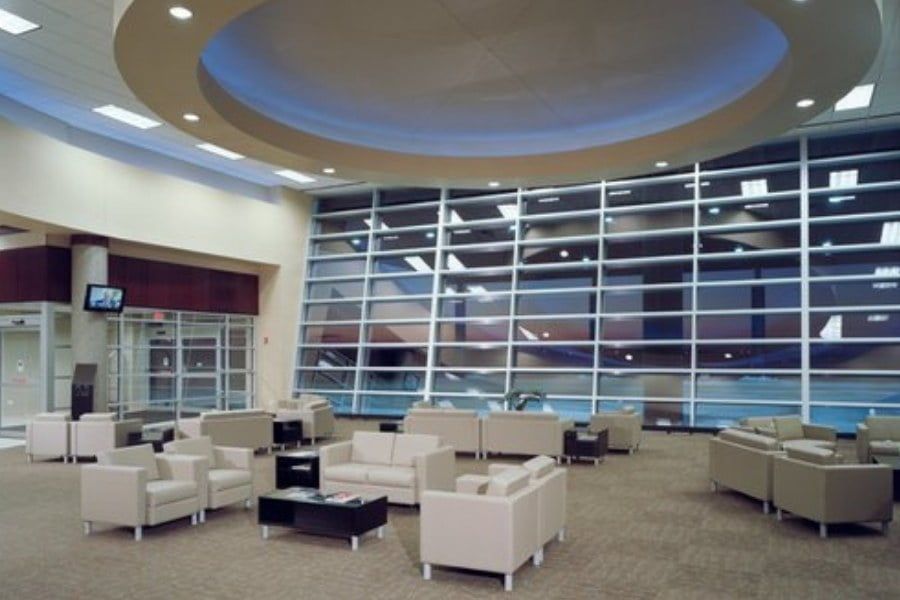
At J.A. Air Center, we offer extensive amenities to pilots and passengers in our spacious FBO, including the following:
- Complimentary gourmet coffee and cookies
- Complimentary wireless high-speed internet
- Full restrooms including showers
- Pilot lounge
- Pilot’s weather briefing and planning room
- Apple AirPrint capable printers for printing from iOS devices
- WSI Weather and printing capabilities
- Comfortable reclining leather chairs
- Fully appointed office space
- Exercise room with private shower
- Hotel reservation services
- Catering services
- Crew car
- Rental car reservation services
- Secure, gated parking
- Satellite television
- Snooze rooms
- VOIP phone system
Whether you are a pilot or a passenger, our goal is to provide you with a relaxing stop between your destinations and first-class support to make your trip even more enjoyable.
What Security Standards Apply to an FBO?
One of the top advantages of private flights is the ability to forego the long lines for security that are a standard inconvenience at commercial airports. According to the U.S. Transportation Security Administration (TSA) , the average wait time at commercial airports is 30 minutes (as of January 21, 2019). Of course, wait times can easily become longer during times of high-volume traffic, such as around the holidays.
Although an FBO still implements security measures for the safety of crew and passengers, the significantly lower volume of traffic means that security can be quick and relatively hassle-free. The TSA has outlined minimum security measures that apply to an FBO. In the United States, passengers on a Part 135 charter flight need to provide current government-issued identification. The passengers must also be on the passenger manifest. In addition to meeting TSA standards, FBOs may be subject to safety regulations from state, regional, and/or local authorities.
If applicable, passengers will be subject to immigration checks. There may be additional screening in airports outside the United States, such as luggage searches and full-body scanners.
Many FBOs implement additional security measures for enhanced safety. For example, an FBO may have on-site security personnel and surveillance cameras.
How Common are FBOs?
FBOs are spread throughout the United States. In fact, private aviation in the United States has access to over 5,000 airports (compared to less than 500 for commercial airlines). Additionally, some larger airports have two or more FBOs. There are as many as six FBOs on-site in airports with a high volume of private jet flights, such as Teterboro Airport near New York and Van Nuys Airport near Los Angeles.
You can check online databases of airports (such as aopa.org ) to find a list of all FBOs in your area and what services they offer. If you are arriving/departing from an airport that does not have an FBO, your charter operator may still be able to arrange the flight using a local handling company.
Are FBOs Only for Private Airports?
Not at all. In fact, most FBOs are located at public-use airports, operating alongside commercial or cargo traffic.
Here’s how it works:
- At public airports: The FBO is a private tenant, leasing space and operating independently
- At private airparks: The FBO might be the sole provider of services, sometimes with limited public access
- At large commercial airports: FBOs serve charter, business, and private jets through separate terminals
So whether you're flying into a bustling metro area or a quiet regional field, chances are good there’s an FBO ready to support your arrival.
Can I Request a Different FBO?
Most operators will allow you to change the FBO selection when booking a private flight as a passenger. Services such as FlightBridge facilitate reservations for pilots and flight departments at 1000+ FBO.
J.A. Air Center: Chicago’s Premium FBO
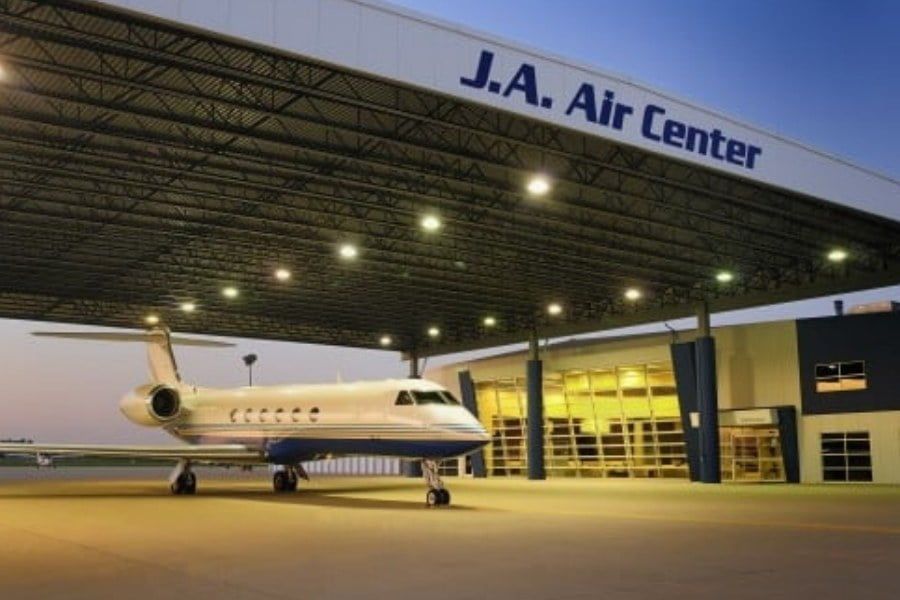
J.A. Air Center is the Midwest’s leading aviation support facility. Our FBO features a fully appointed terminal and offers concierge-level services to pilots and passengers. Over 150,000 square feet of space at J.A. Air Center means ample room to house private jets and flight departments. Professional fueling and maintenance services are available 24 hours a day, 365 days a year.
For more information about our FBO services , call our FBO Manager, Randy Fank, at 630.549.2106. You can also fill out our online contact form or make an FBO reservation online using FlightBridge .
J.A. Air Center – Aurora Municipal Airport (KARR) – 43W730 US Highway 30 – Sugar Grove, IL 60554
E-mail Us: info@jaair.com | Call Us! 800.323.5966
Website imagined and executed by RivalMind.


